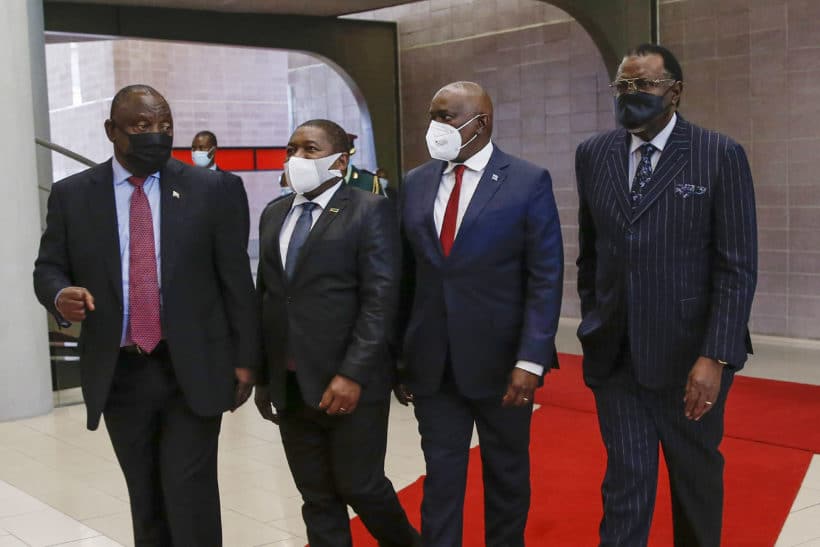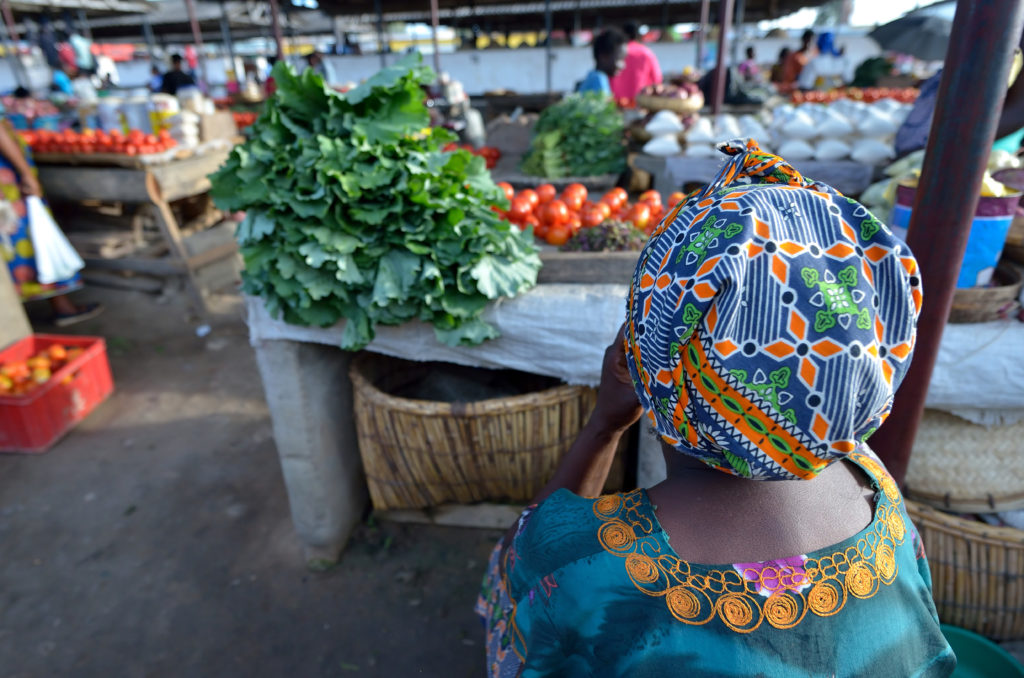By Meresia Aloo
In response to the increased number of infections, Rwanda and Kenya have begun to provide Covid-19 booster doses to people. According to the World Health Organization, they are one of 130 countries conducting booster programs due to the Omicron variant’s development (WHO).
Kenyan President Uhuru Kenyatta received his booster shot at State House in Nairobi last week as the country ramped up its Covid-19 vaccination campaign.
Six months following the first series, Kenya’s Health Ministry published updated advice on extra doses of either Moderna, AstraZeneca, or Pfizer vaccine.
Many governments are scrambling to shore up protection against Omicron after research revealed that a two-dose course of Covid-19 vaccinations might not be enough to prevent Omicron infection, necessitating booster shots.
According to the Centers for Disease Control and Prevention (CDC), a booster shot is a second dosage given to those who have been completely vaccinated but whose protection has waned over time. Kenya said last week that booster shots would be available in health facilities.
By the end of the year, the country received 23,279,820 vaccine doses and vaccinated at least 30 million adults.
A total of 9.8 million doses were given out, with 5.7 million initial doses and 4.1 million second doses. Kenya had enough doses for booster vaccinations, according to COVID taskforce chairperson Dr Willis Akhawale.
Rwanda confirmed 2,083 positive cases last week, putting the infection rate at 6%, up from less than 1% a month earlier.
Over 5.5 million Rwandans, out of a target population of 9.1 million, have been fully vaccinated, with 201,000 receiving the booster dose.


